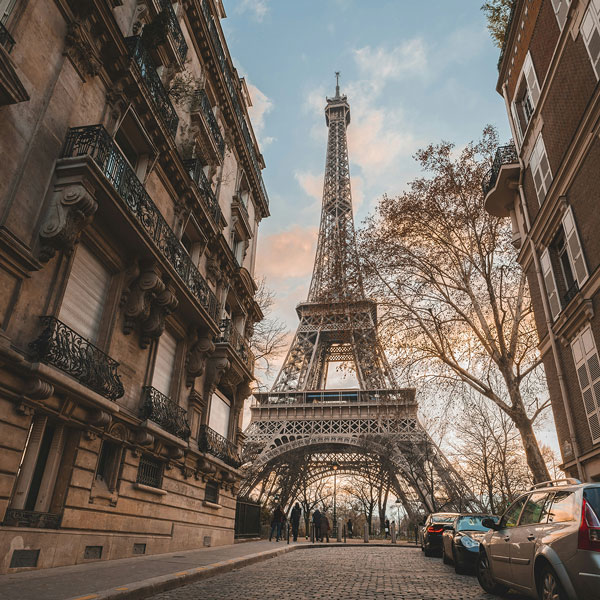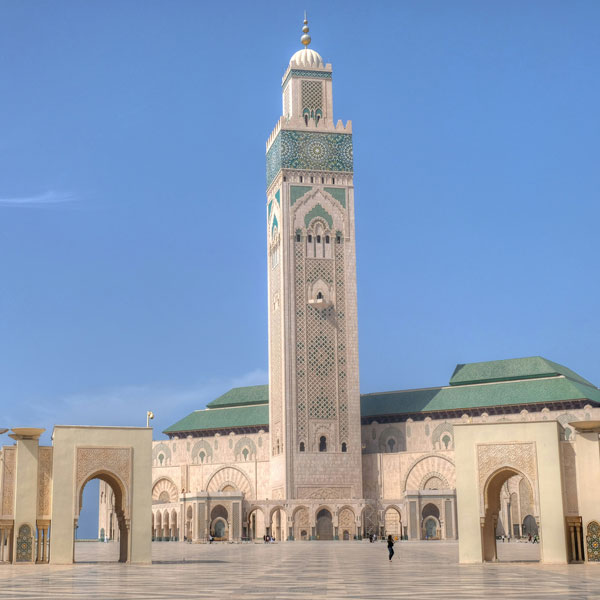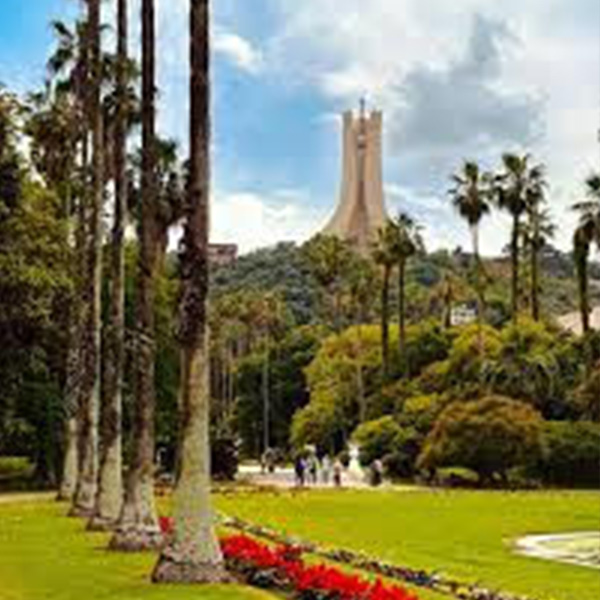Call us now:
Our entities.
EverWay operates locally in three high-potential markets France, Morocco, and Algeria helping foreign companies hire and manage talent without opening legal entities.
Where do we operate?
From our HQ in France to our strategic partners in Morocco and Algeria, we offer full EOR, payroll, recruitment, and compliance services tailored to each country’s legal and cultural landscape.

France
Currency: Euro
Capital: Paris
Official language: French
Payroll cycle: monthly
Everway’s collective bargaining agreement: Syntec
Contradictions and Creativity: Unveiling the Essence of France.
French culture is a rich and diverse mosaic, celebrating gastronomy as an unparalleled art of living. From culinary delights to varied landscapes, France offers an infinite palette, from majestic mountains to picturesque beaches. National pride resonates in every corner of the country, fueled by an ancient and rich history that has shaped the world. It is a land of irreconcilable contradictions, blending warm bonhomie with passionate revolt and a certain creative indiscipline. This duality gives France a unique and inimitable personality, where freedom of expression and the relentless pursuit of excellence are embedded in the cultural DNA.
Business Advantage: As our operational HQ, France offers a stable legal framework, mature HR infrastructure, and deep talent pools—especially in tech, legal, and back-office roles. We specialize in helping SaaS startups and international agencies navigate collective agreements like Syntec, manage payroll, and remain fully compliant.
Morocco
Currency: MAD (Moroccan Dihrams)
Capital: Casablanca
Payroll Cycle: monthly
Moroccan culture is a rich blend of Berber, Arab, African, and European influences, shaped by centuries of history. It is expressed through unique architecture, characterized by its medinas and riads adorned with intricate mosaics. Traditional crafts, such as pottery and carpet weaving, play an important role in society. Moroccan music, ranging from Berber rhythms to Andalusian melodies and including the UNESCO-listed Gnaoua genre, reflects this cultural diversity. Hospitality is a core value, often symbolized by the sharing of mint tea. Gastronomy, with its emblematic dishes like couscous and tajine, is a central aspect of social life. Religious traditions, mainly Islamic, structure daily life with celebrations such as Eid al-Fitr and Eid al-Adha. This dynamic culture continues to evolve while preserving its rich heritage, making Morocco a unique cultural destination.
The Moroccan market stands out for its dynamism and its growing attractiveness to investors. The country boasts an impressive pool of talent, particularly in the IT and energy sectors. It is home to highly qualified employees and freelancers who are capable of meeting the demands of the most innovative projects. This local expertise, combined with favorable government initiatives and sustained economic growth, makes Morocco a prime destination for investments. The rapid development of infrastructure, the adoption of cutting-edge technologies, and the commitment to energy transition all attest to the country’s determination to position itself as a major player on the international economic stage.
Business Opportunity: Morocco’s growing IT sector offers highly skilled developers, support staff, and engineering talent especially suited for remote or nearshore tech operations. It is also a strategic hub for energy projects, with strong government backing in sectors like phosphates and renewable energy (wind, solar). These sectors are driving demand for international expertise and flexible workforce models making EOR an ideal entry strategy.


Algeria
Currency: DZD (Algerian Dinars)
Capital: Algiers
Payroll cyle: monthly
Algerian culture is a rich blend of Berber, Arab, African, and Mediterranean influences, shaped by centuries of history. It is expressed through a variety of artistic and traditional forms.
Craftsmanship is deeply rooted in local identity. Algeria is renowned for its carpets, pottery, ceramics, leather goods, and jewelry, with each region boasting its own distinctive style.
Music offers a vibrant and diverse landscape—from classical Arab-Andalusian melodies to the rebellious energy of modern raï, and the rhythmic traditions of Kabyle and Gnawa music.
Literature holds a prominent place, with Algeria producing internationally recognized authors who reflect the country’s complex identity and history.
Gastronomy showcases Mediterranean and Saharan influences. Emblematic dishes such as couscous are complemented by a rich variety of regional specialties.
Heritage is another cornerstone of Algerian identity. The country boasts a wealth of cultural and historical treasures, from ancient Roman ruins to the prehistoric rock paintings of Tassili n’Ajjer.
On the economic front, Algeria presents significant development potential.
The country’s wealth in natural resources, particularly hydrocarbons, forms the backbone of its economy.
However, economic diversification is a growing priority, with increasing efforts to expand into agriculture, tourism, renewable energy, and manufacturing.
Substantial infrastructure investments are underway to modernize transport, energy, and communication networks.
With a young and increasingly educated population, Algeria possesses strong human capital—an essential driver of innovation and growth.
The technology sector is also receiving growing attention, with government-backed initiatives to develop digital infrastructure and support startups.
With its rich culture and expanding economy, Algeria is positioning itself as a key player in both the Mediterranean and African regions, offering real opportunities for investment and collaboration across multiple sectors.
Algeria plays a strategic role in several key sectors:
Public Works and Infrastructure Development: Between 2010 and 2015, a major national development plan supported the construction sector in meeting Algeria’s housing needs. Around 912,000 homes were built during this period, followed by 1.6 million more between 2015 and 2019. The plan also calls for the development of new towns—such as in Hassi Messaoud, the heart of Algeria’s oil and gas industry—as well as educational and healthcare facilities. Urban development includes Algeria’s largest shopping center in the Bab Ezzouar business district of Algiers (31,000 m² of retail space), and the ambitious $8 billion renovation of the Algiers waterfront, featuring the construction of the world’s third-largest mosque.
Oil and Gas – Hydrocarbons: Algeria is the leading natural gas producer in Africa, the second-largest supplier of natural gas to Europe outside the region, and one of the top three oil producers in Africa. The sector is dominated by the state-owned hydrocarbons company Sonatrach.
Power and Renewable Energy: Power demand peaks during the summer months and is primarily managed by the national utility Sonelgaz. Between 2015 and 2019, Sonelgaz invested $39 billion in gas and electricity transport and distribution. An additional $45 billion was dedicated to electricity generation. A major gas turbine complex has begun operations in Aïn Yagout (wilaya of Batna), representing an investment of approximately $3 billion.
Phosphates, Fertilizers & Minerals: Algeria’s phosphate exports rose from 1.8 million tons in 2009 to 12 million in 2015, and 18 million in 2020. The public company Ferphos has launched joint ventures with Indian, Australian, and Pakistani partners to establish three phosphate fertilizer production platforms in the northeast (Tébessa). Algeria’s phosphate rock reserves are estimated at 4 to 6 billion tons.
Information & Communication Technology (ICT): Since 2009, the state-owned Algérie Télécom has pursued a $6 billion, five-year infrastructure development plan to expand and modernize national telecommunications networks.
Get a Personal Consultation
You are one click away to get your first employee onboarded
Office
France / Paris
Morocco / Casablanca
Algeria / Algiers
Contact
contact@everway.fr
Quick Return
We respond within four hours,
because your time matters.
